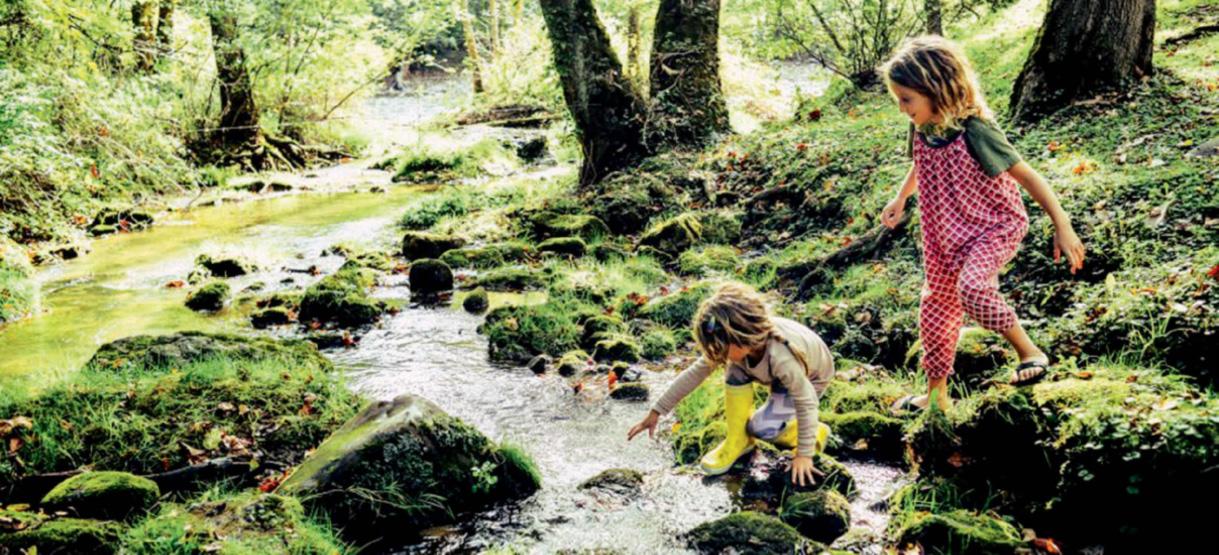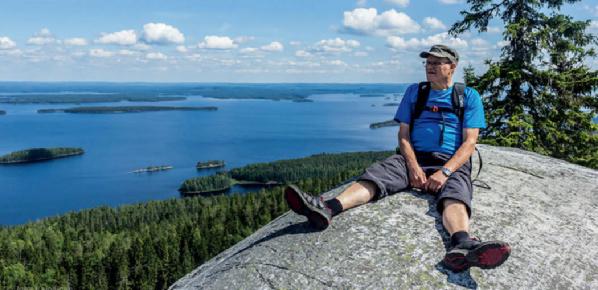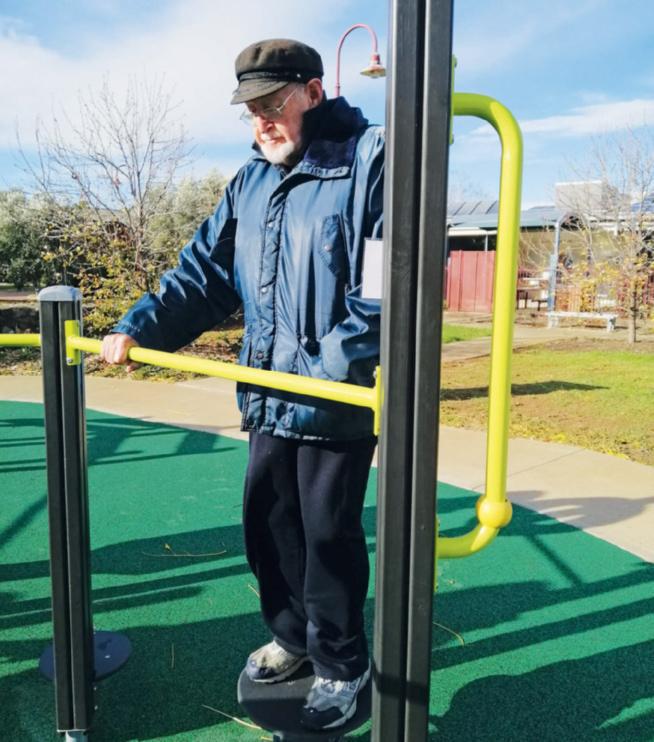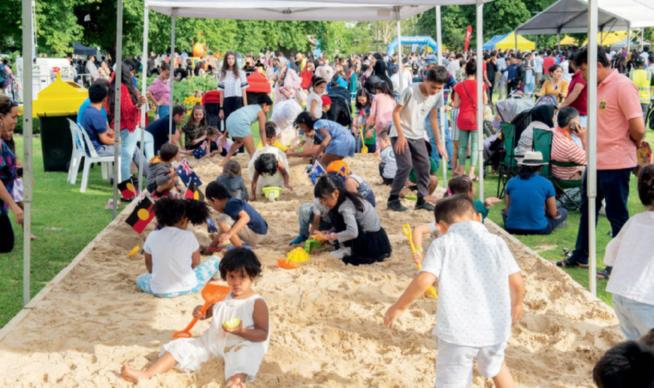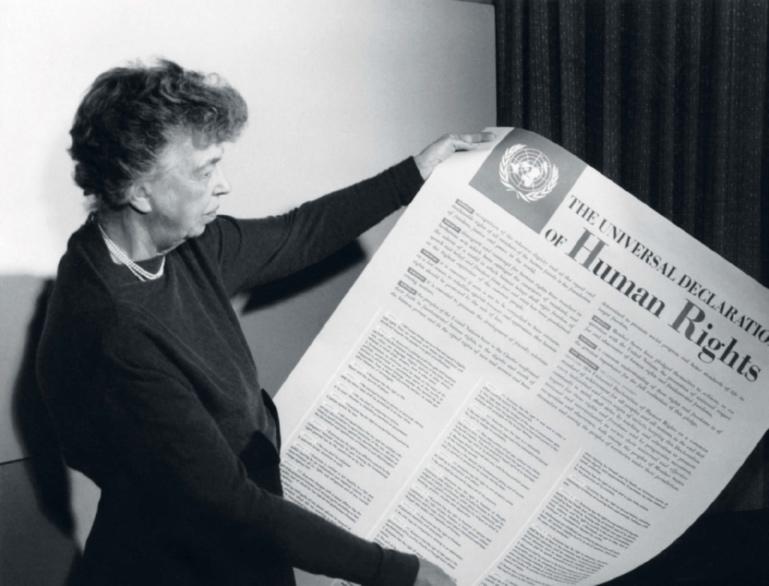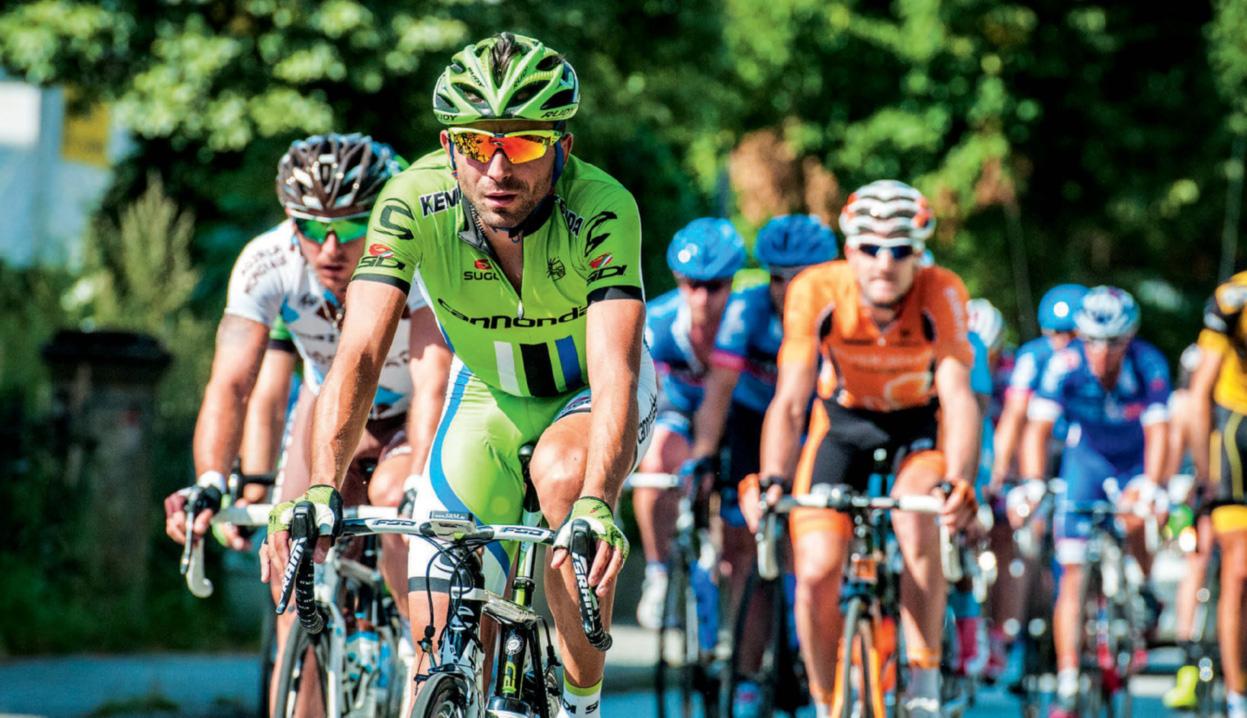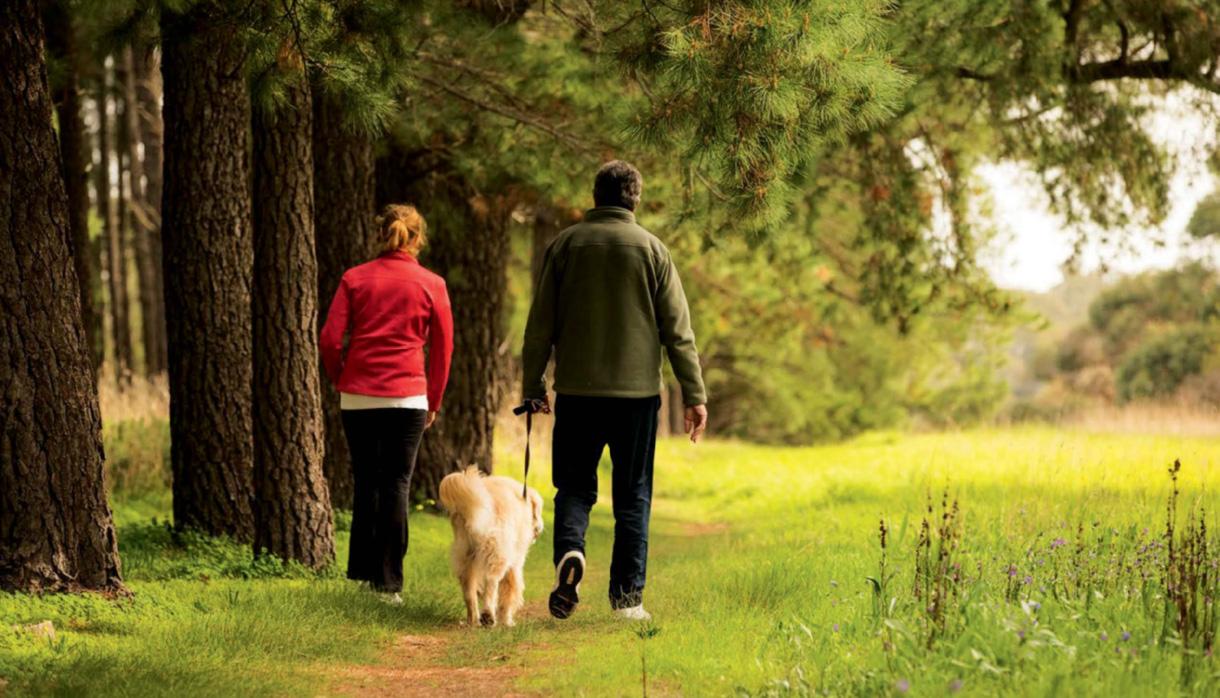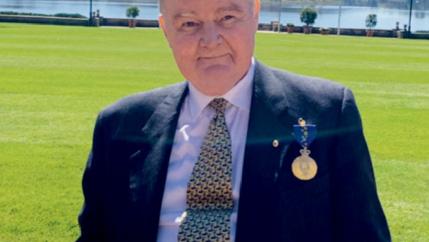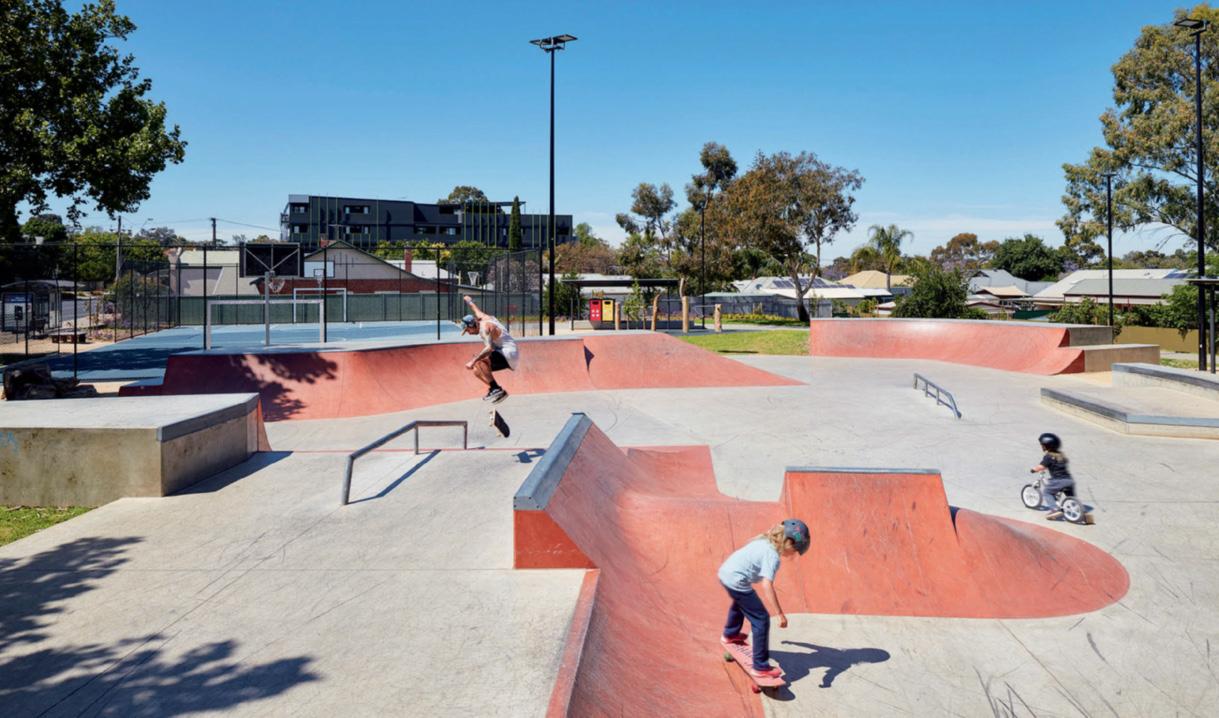Far left: Eleanor Rosevelt Below: Leisure: The Basis of Culture (book cover) Left: Sheep drafting stamp
LEISURE AND THE UNCONDITIONAL BASIC INCOME WORDS SHAUN CAVANAGH
A
llow me to preface this article with a description of the image of the New Zealand postage stamp depicting sheep drafting above. This resembles our capacity for attention and memory. In this metaphor, the sheep represent external stimuli (ie. media) that need sorting. The gate represents attention that determines how sorting occurs and the manner in which our beliefs are formed. The use of this image attempts to describe the plurality of content on Basic Income and approaches to leisure, and to acknowledge this image as a form of regulation that selects and directs content. Basic Income is being discussed more frequently, especially in the Covid-19 era. It is often described as UBI, with the U standing for Universal and/or Unconditional. Some prefer the term Basic Income. The relationship of leisure to Basic Income is worth exploring on the premise that implementation of Basic Income in New Zealand is likely to give New Zealanders greater access to leisure, which is an important goal of recreation therapy as a profession. The context for this article is that 14-20 September is Basic Income week1, with various international events happening under the tagline Freedom to Choose. September 17 saw the announcement of New Zealand being officially in recession, with a 12.2 percent drop in GDP (June quarter) following our lockdown from March 26 this year, and a forecast of 280,000 unemployed New Zealanders by 20222. Also worth noting is that the 2020 Basic Income Earth Network (BIEN) Congress
was to be held in Brisbane from 28-30 September, but was cancelled due to Covid-193. At the time of writing, I had just participated in a World Leisure Organisation (WLO) webinar on the topic of Human Rights and Leisure: the WLO Charter for Leisure, to inform participants about important updates and changes to the Charter in line with emerging social and global issues4. Several books on Basic Income have been produced in recent years, including The Precariat Charter5, Utopia for Realists6, Basic Income: And How We can Make it Happen7, Give People Money8, The War on Normal People9, and Basic Income: A Radical Proposal for a Free Society and a Sane Economy10. Basic Income has also been addressed by New Zealand authors: The Big Kahuna11, Pennies from Heaven12, and The New Zealand Project13. It is a challenge to do justice to all with a single article, although valuable patterns and similarities can be observed among their writings. The main focus of this article is to investigate how authors treat leisure as a concept. Both leisure and Basic Income can be regarded as amorphous concepts, and require workable definitions. It is observed that leisure is frequently referred to in terms of time use, although some authors (Standing, Bregman, Van Parijs and Vanderborght) discuss leisure indepth, either through the historical figures who’ve contributed to discussion, or providing examples of how leisure and recreation have gained through government intervention. The impact of automation and artificial intelligence on the future of
34 AUSTRALASIAN PARKS AND LEISURE | Summer 2020
work is a focus for Andrew Yang9. The WLO webinar covered French sociologist Joffre Dumazadier’s (1974) approach to leisure, revised to include personal development and self-realisation in the manner of Aristotelian thought. Basic Income is defined as “a modest amount of money paid unconditionally to individuals on a regular basis.”7 Paid as a dividend to citizens of a given area, it is distinct from the associated term of a Guaranteed Minimum Income (GMI). Descriptors of Basic Income include “venture capital for the people”, “foundation” or “floor”, “dividend” and “the power to say no”. One perspective on leisure, paraphrasing Cicero (106-43 BC) is: “Leisure consists in all those virtuous activities by which one grows morally, intellectually, and spiritually. It is that which makes a life worth living.”14 Each concept has variations in how they are defined, though for the purpose of this article these definitions are useful. A starting point is to realise that the passage and use of time is a central element of leisure, and this entails a lot of reflection. This is an activity closely associated with a prominent author (Josef Pieper, 1952) and his book Leisure the Basis of Culture15, 16, 17. Leisure is a necessary component of producing an article like this through reflection on different forms of content. Readers will be aware of the expression, “Work is fascinating. I can sit and look at it for hours” — which many students will identify with. Our Recreation Therapy degree taught us that leisure is generally classified in three ways: 1. Specific recreation activities; 2. Unobligated or




